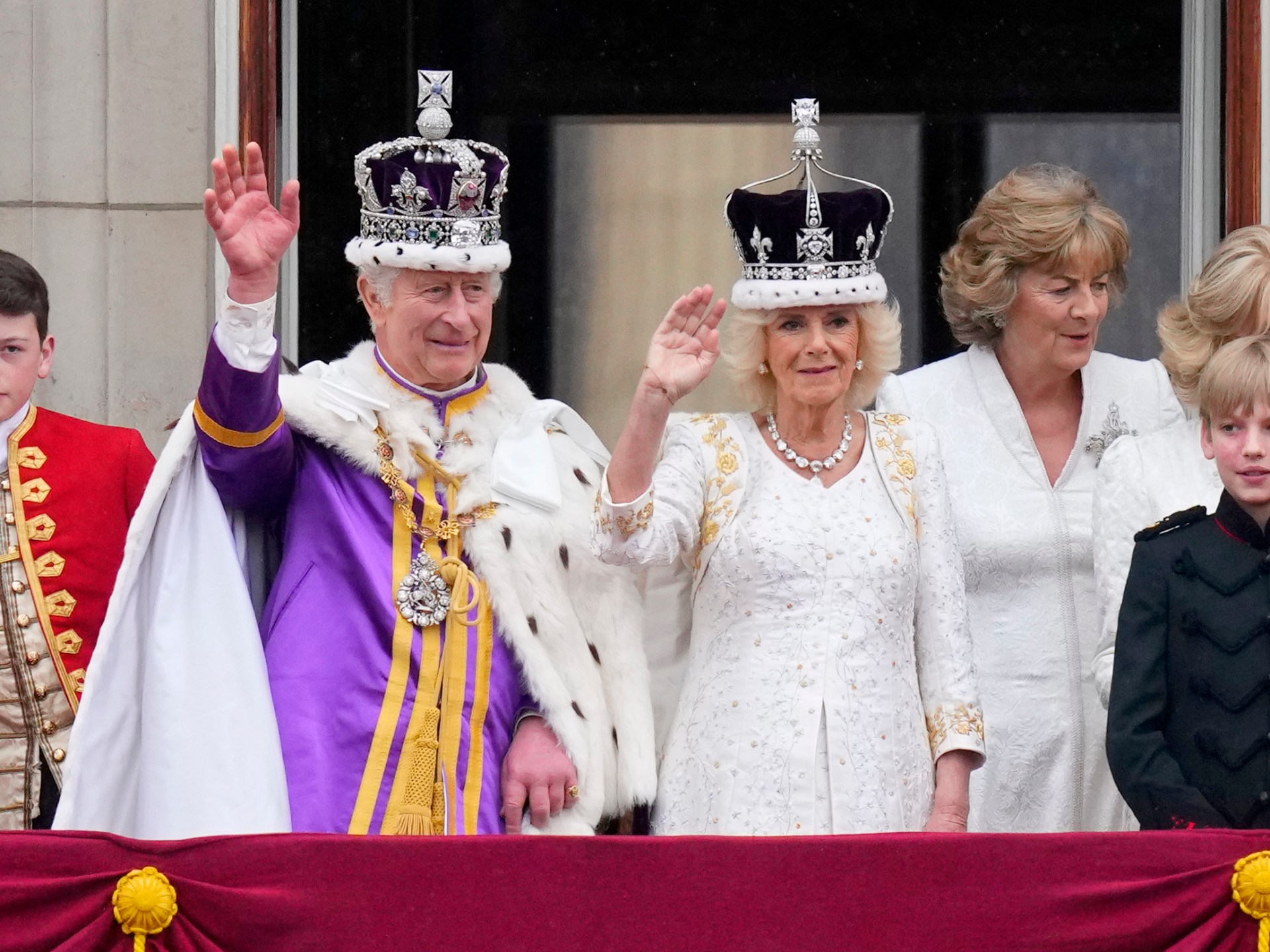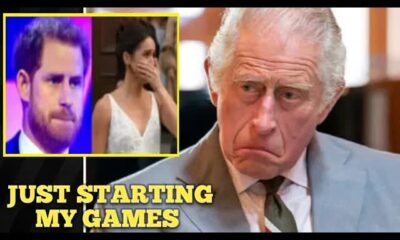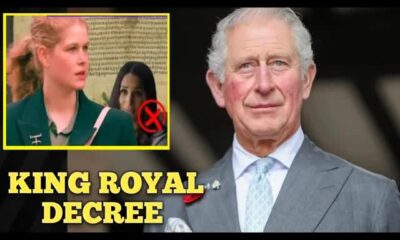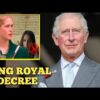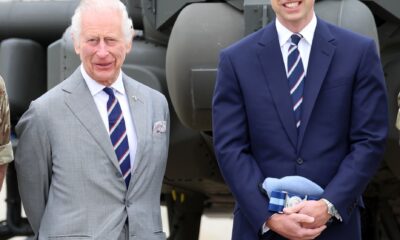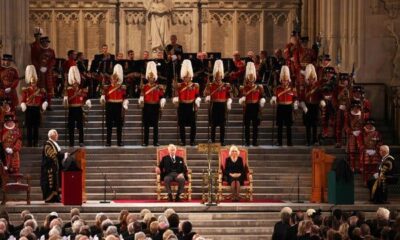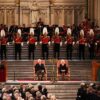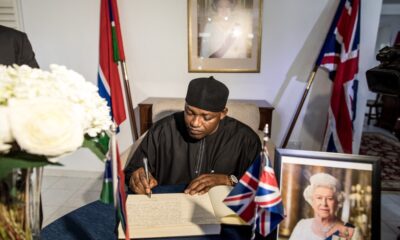The News
**King Charles III Seeks Parliamentary Approval to Expand Pool of Royal Stand-Ins**
King Charles III, the reigning monarch, celebrated his recent birthday in a manner befitting royalty.
The headlines were abuzz with news of the King assuming a new role as a park ranger, a position previously held by his late father, Prince Philip.
The festivities included military bands playing Happy Birthday outside Buckingham Palace during the changing of the guard, creating a jubilant atmosphere.
Family members took to official social media accounts to share celebratory messages and photos, contributing to a day filled with memorable moments.
However, amidst the birthday cheer, King Charles III addressed a longstanding issue that predates the passing of Queen Elizabeth II.
In a significant move, the King petitioned the UK Parliament to grant his siblings, Princess Anne and Prince Edward, the authority to serve as Councillors of State.
This request would empower them to temporarily fulfill his duties in his absence, ensuring the smooth functioning of the government.
In a message delivered in the House of Lords, King Charles III emphasized the importance of maintaining operational efficiency during his overseas engagements.
The current legislation restricts the pool of individuals eligible to act on behalf of the monarch to a select group of five, comprising the monarch's spouse and the first four family members in the line of succession over the age of 21.
King Charles III's proposal seeks to expand this pool to include Princess Anne and Prince Edward, who have previously undertaken similar responsibilities.
The King's message was also conveyed in the House of Commons, highlighting the bipartisan nature of the discussion.
The need for a larger group of potential stand-ins for the Sovereign has long been recognized by experts, particularly as Queen Elizabeth II's health declined in her later years.
The authorization for Prince Charles and Prince William to act as Councillors during the Queen's illness underscored the necessity for a more robust contingency plan.
The inclusion of Princes Harry and Andrew in the existing pool raised questions due to their altered roles within the Royal Family.
The issue of amending the Regency Act to accommodate changes in the line of succession was deliberated in the House of Lords, prompting a call for sensible revisions from Labour peer Viscount Stansgate.
The response from Lord Prevyseal, Lord True, indicated a willingness to consider adjustments to ensure the resilience of constitutional arrangements.
The recent actions by King Charles III reflect the Palace's proactive approach to addressing the dilemma and exploring viable solutions.
Parliamentary members swiftly responded to the King's appeal, assuring him of their prompt action to facilitate the necessary measures.
The commitment to securing the monarch's objectives underscores the collaborative effort between the Crown and the legislative body.
The precedent set by the appointment of additional stand-ins for the Queen Mother in 1953 demonstrates a historical context for such adaptations within the Royal Family.
As discussions progress within the political sphere, the public remains engaged in the evolving dynamics of the Royal Family's operational framework.
The collective efforts to enhance the efficiency and effectiveness of governance during transitional periods reflect a commitment to upholding the monarchy's traditions while adapting to contemporary challenges.
The upcoming decisions regarding the expansion of the pool of Councillors of State are poised to shape the future administrative landscape within the Royal Household.
Share your thoughts on these developments and the implications for the Royal Family's governance in the comments section below.
Stay tuned for more updates on the Royal Family's initiatives and engagements as we navigate through these transformative times.
Thank you for your continued support and interest in the latest developments from the world of royalty.


